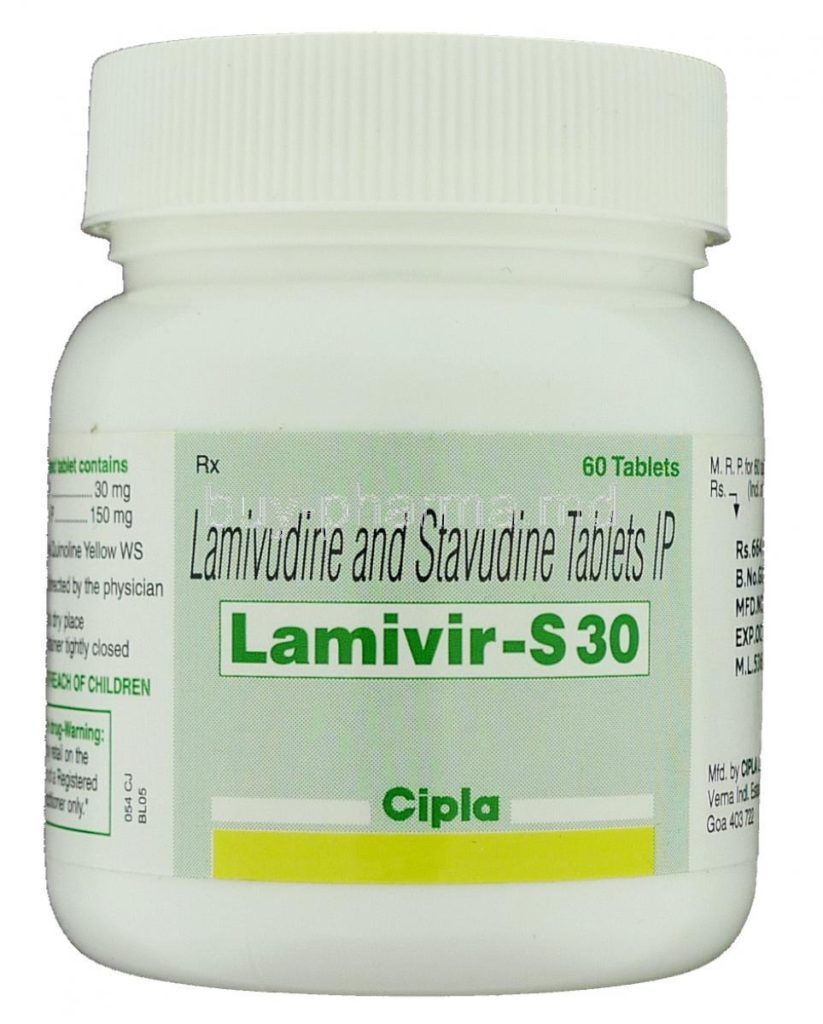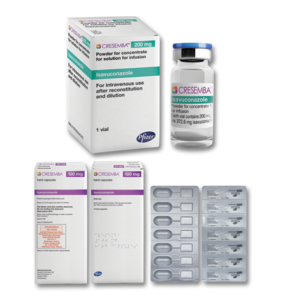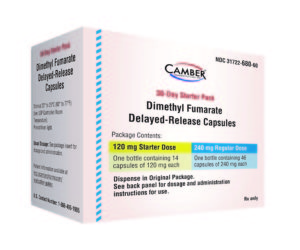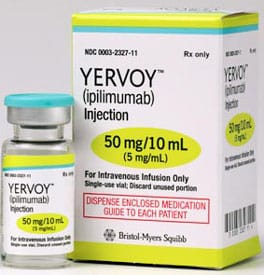What is Lamivudine?
Lamivudine, or 3TC as it is more frequently known, is an antiviral medicine used to prevent and cure HIV/AIDS. Additionally, it is used to treat chronic hepatitis B when alternative treatment options are unavailable. It has been shown to be effective against both HIV-1 and HIV-2.
Lamivudine uses
Lamivudine (Epivir) is used in combination with other drugs to treat HIV infection in adults and children three months of age and older. Lamivudine (Epivir-HBV) is an antiviral medication that is used to treat hepatitis B infection.
Lamivudine mechanism of action
Lamivudine is a synthesized nucleoside analogue that is intracellularly phosphorylated to form the active 5′-triphosphate metabolite lamivudine triphosphate (L-TP). HIV reverse transcriptase and HBV polymerase integrate this nucleoside analogue into viral DNA, resulting in DNA chain termination.
Dosage of lamivudine
For oral administration (solution or tablet):
To be used in the treatment of hepatitis B infection:
Adults should take 100 milligrams (mg) once daily.
Children 2 to 17 years of age—The dose is chosen by your doctor and is dependent on your body weight. The average daily dose is 3 milligrams (mg) per kilogram (kg) of body weight. Your doctor may adjust your dose as necessary. The dose, however, is often limited to 100 mg per day. If your kid is unable to swallow the tablets, the oral liquid may be used.
Children under the age of two years—Use and dose must be determined by your physician.
Adults—300 milligrams (mg) once daily or 150 mg twice daily.
Children aged three months and older—Solution: The dose is chosen by your doctor and is based on your body weight. Typically, the dose is 5 milligrams (mg) per kilogram (kg) of body weight twice daily, or 10 mg per kg once daily. Your doctor may adjust your dose as necessary. However, the dose is typically limited to 300 mg per day when combined with other HIV medications.
Tablets: Dosage is established by your doctor and is based on your body weight. Typically, the dosage is between 150 and 300 mg per day. If your child weighs more than 14 kg, it is recommended that they take the scored tablet.
Children under the age of three months—Use and dose must be determined by your physician.
Patients who require therapy for both hepatitis B and AIDS or HIV should follow the HIV or AIDS dose plan.
Administration
Lamivudine is indicated for adults, adolescents, and children (weighing at least 25 kg) at a dose of 300 mg daily. This medication may be used in doses of 150 mg twice daily or 300 mg once daily (see section 4.4). The 300 mg tablet is only recommended for once daily use.
Lamivudine side effects
Lamivudine may cause mild or severe adverse effects. The following is a list of some of the most common side effects associated with lamivudine. This is not an exhaustive list of probable adverse effects.
Consult your doctor or pharmacist for additional information about lamivudine’s potential adverse effects, as well as tips on how to manage a bothersome side effect.
More frequent adverse consequences
The more prevalent adverse effects of lamivudine include the following:
- Cough
- Diarrhea
- Fatigue
- Malaise headache (general discomfort)
- Symptoms of the nose, such as a runny nose and nausea

Interaction with other medications
Lamivudine may cause adverse reactions when used with other drugs.
- Emtricitabine: Avoid using emtricitabine concurrently with lamivudine.
- Trimethoprim/sulfamethoxazole. This combination antibiotic is used to treat a variety of diseases, including uti and traveler’s diarrhea.
- Sorbitol-containing medications.
Warnings/ instructions for use
Inform your doctor or pharmacist if you are allergic to lamivudine-HBV or if you have any other allergies. This product may contain inactive chemicals that may cause allergic reactions or other adverse reactions. Consult your pharmacist for additional information.
If you have specific medical issues, you should not use this drug. Consult your doctor or pharmacist prior to using this medication if you have pancreatitis.
Inform your doctor or pharmacist about your medical history, particularly of HIV infection, renal disease, blood problems, or liver disease, prior to starting lamivudine-HBV.
This medication may cause dizziness or drowsiness.
Storage
Lamivudine pills and oral solution should be stored at room temperature, between 68°F and 77°F (20°C and 25°C).
Contraindications
When should Lamivudine not be used:
Allergy to Lamivudine or any of the medication’s other components.
Pregnancy or lactation
This medication should be used during pregnancy only if the benefit justifies the danger to the fetus.
-AU products for the treatment of chronic hepatitis B: During the first trimester of pregnancy, use is not suggested. Lamivudine may interact with Emtricitabine and other medicines. Emtricitabine should not be used in conjunction with lamivudine.
Trimethoprim/sulfamethoxazole. This combination antibiotic is used to treat a variety of diseases, including uti and traveler’s diarrhea.
Sorbitol-containing medications.
Lamivudine brand name
Brand name: Epivir, Epivir-HBV



